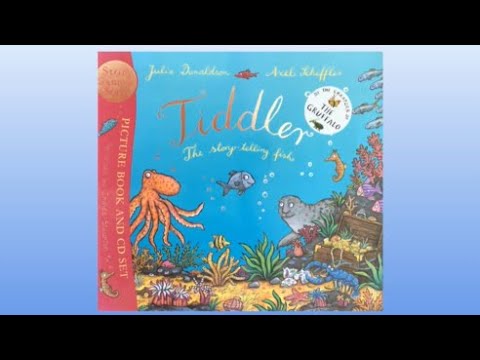I disagree with this assessment (being something of a student of linguistics).
Git is a short word, one syllable, and uses primarily “hard” sounds (G and T) – in English, these are characteristics of “Strong” sounding names. It also doesn’t really have any connotative connections to other words – ‘get’ might be the closest, but that is not a word with strong imagery associated with it.
Tiddlywiki, on the other hand, starts strong, but softens in the middle, giving it a more playful sounds. Lots of words in english, undercut hard sounds by doubling them up and adding ‘ly’, making them sound more playful or childish (diddly, giggly, fiddly, wiggly, squiggly). Also, it sounds quite a reminiscent of “Tiddlywinks” which is a child’s game (and a bit of an archaic one at that).
On the other hand, we have “Obsidian,” which is literally a stone, one which has significant importance to the species and was essential to toolmaking. It does not round in the middle, rounds on the ends and the d represents a hard stop in the middle.




 To each their own, but to write off public opinion as someone else’s problem is a bit counterproductive to the project of “increasing the userbase,” imo.
To each their own, but to write off public opinion as someone else’s problem is a bit counterproductive to the project of “increasing the userbase,” imo.